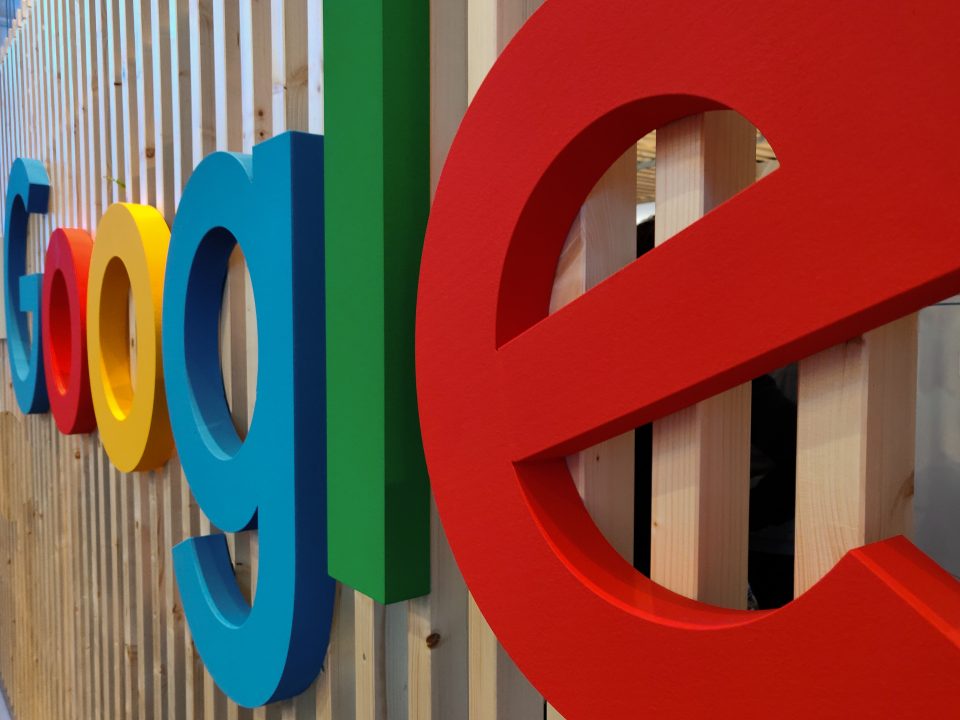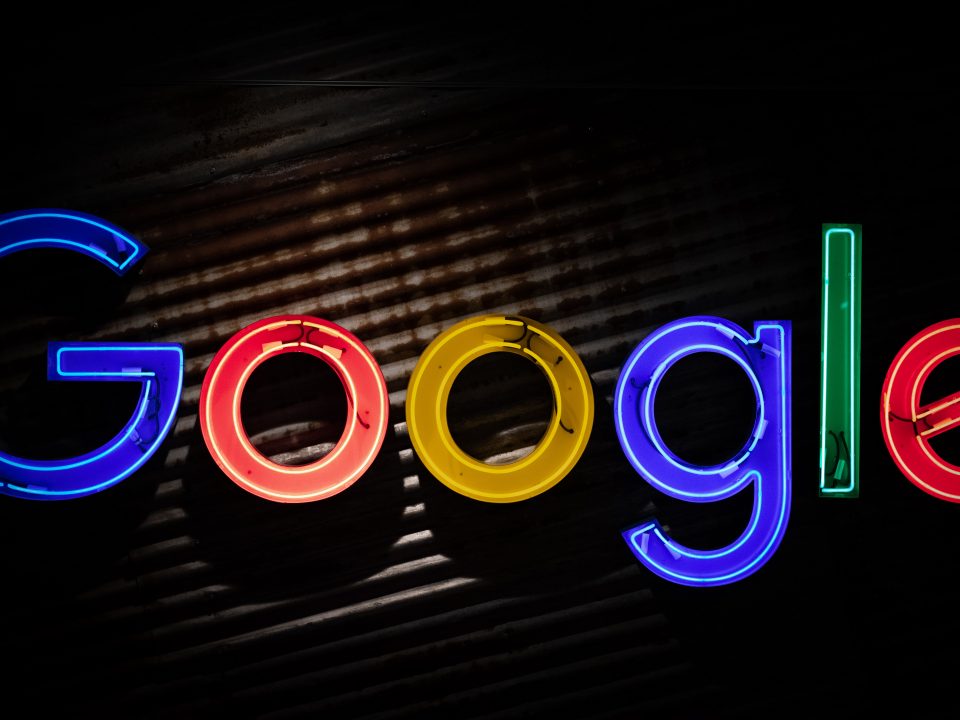Google Search’s New Era and What it Means for the Future of SEO
Google is making some important changes that are mostly occurring under the radar considering we live in a world where algorithms and marketing intersect to be able to do this is surprising.
The future of search will actually have much less search in it. This does not mean the end of those ten links you love seeing on Google – it means much bigger and more fundamental changes.
Let’s dive into what these changes are specifically and what they mean for the future of SEO.
Google Discover – What is It?
Google Discover is a new version of the Google Feed showing you topics and news items that would be considered interesting to you. It is a content recommendation engine suggesting content form the web-based on the search history and behavior of the user.
This is a new name for Google Feed but has now been added to the Google homepage as of October of this past year, going live on mobile.
This new overhaul and changes to Discover has new features to be added like:
- More images and videos.
- Instead of fresh content only, evergreen content.
- Topic headers that categorize feed results.
- A toggle to notify Google if you want less or more content that is related to a recommendation.
- Google has claimed that the recommendations are personalized based on your expertise level and familiarity with a topic.
Discover is not really a revolutionary idea for Google. It actually feels a bit overdue.
Social media platforms all have feeds dominated by content recommendation engines. YouTube’s engine is responsible for 70% of the time spent on the platform.
It is obviously is not expected that Discover will ever get close to reaching the 70% level similar to that of YouTube’s content recommendation engine. But even if it consumes even a little bit of Google search, like 10%, there will not be an SEO strategy complete without a strategy for earning traffic similar to that, especially because it will let businesses reach potential customers that are not even searching for any relevant terms yet.
Google Assistant – What is it?
For most people who use Google Assistant, it’s a mostly invisible and quiet revolution.
It was first introduced to Android devices in February of 2017, seeming to most users as a slightly more updated version of Google Now, and it might as well be.
As Assistant grows, it will continue grow in influencing how users will interact with the web as well as decreasing the reliance on search.
Similar to its predecessor, Google Assistant can:
- Search the web
- Set alarms and schedule events
- Show info for your Google account
- Adjust your device settings
The main difference is that Assistant can engage in an actual two-way conversation. This will give users the chance to get answers from the system with no need to even look up a search result.
One big change for the future of both the web and business, in general, is the introduction of Google Express, which has the capability to add products to cart and order, all through Assistant.
However, this feature is only available to businesses that are especially partnered with Google Express, a huge change from the Google search engine and the crawling process of the open web.
Assistant also has the ability to identify what some images are. An upcoming feature, Google Duplex, will give Assistant the ability to call businesses and schedule appointments, as well as other actions based on the user’s behalf.
The more relied on Assistant is by users, the less they will have to depend and rely on Google search results, meaning, in turn, the more businesses that hope to adapt will have to think of other ways to:
- Adjusting SEO strategies in order to target the specific behavior exclusive to search and search alone.
- Leverage Assistant’s algorithms and other upcoming technologies to fill in the gaps.
Google Decides on an Updated Direction
On their 20th anniversary, Google announced the beginning of an old chapter and starting a new one. Here’s what you need to know.
Google started off stating that these principles aren’t going anywhere:
- Using an algorithmic approach
- Providing most relevant, top-quality info as fast as possible
- Focusing on serving user’s information needs
- Thoroughly testing each change, including using quality rating guidelines to define search goals
Because of this, you should continue:
- Putting the user first
- Being accurate and relevant
- Meeting Google’s quality rating guidelines.
- Having some knowledge of algorithms
Here are some of the big changes:
From Answers to Journeys
Main focuses should shift from answers to journeys. Users will “pick up where they left off,” focusing more on bigger, ongoing projects rather than short-term answers.
From Queries to Queryless
Another focus will be a shift from queries to queryless ways to provide information for the user. Google is looking for ways to aid users that don’t even make a search query. This will be seen as the more traditional search content becoming feed content instead.
From Text to Visual Representation
Google is adding algorithmically generated AMP stories, new featured videos added to search, new image search so that images featured on pages with content that is relevant will take priority and pages where the image is more central to the content will rank better. Lastly, Google Lens will give you the ability to perform a visual search based on objects that Google’s AI can detect in the image.
More than Just Google
The upcoming changes signal changes in the SEO industry – the industry must start thinking bigger than Google.
This means broadening the scope of SEO from search to the expansive world where both marketing and algorithms crossover.
We need to start thinking more about how our skills apply to these areas:
- Social media algorithms
- Amazon’s search algorithms
- Mobile apps
- Content recommendation engines
- Ecommerce product recommendation engines
- Smart devices, smart homes, and the internet of things
- Augmented reality
As the era of search ends, a new world of opportunities opens up everywhere users interact with algorithms that connect to not just to the web but also the broader digital world.
This should not be considered the end of the SEO industry, it is a sign of the value of the increasing role algorithms play in peoples’ lives as a brewing ground full of emerging possibilities and opportunities.






